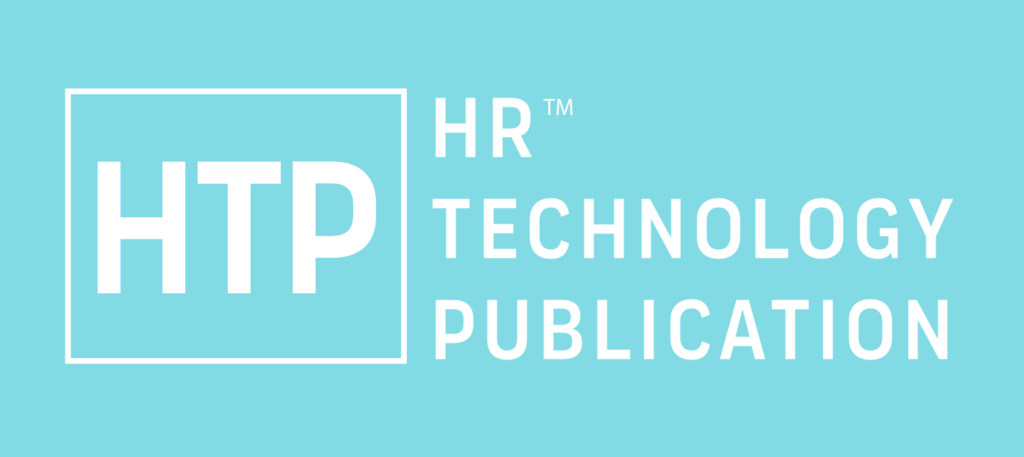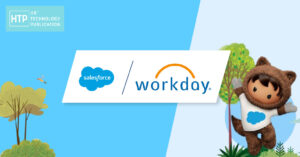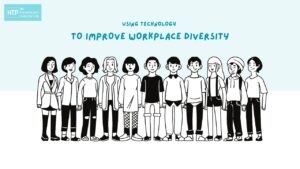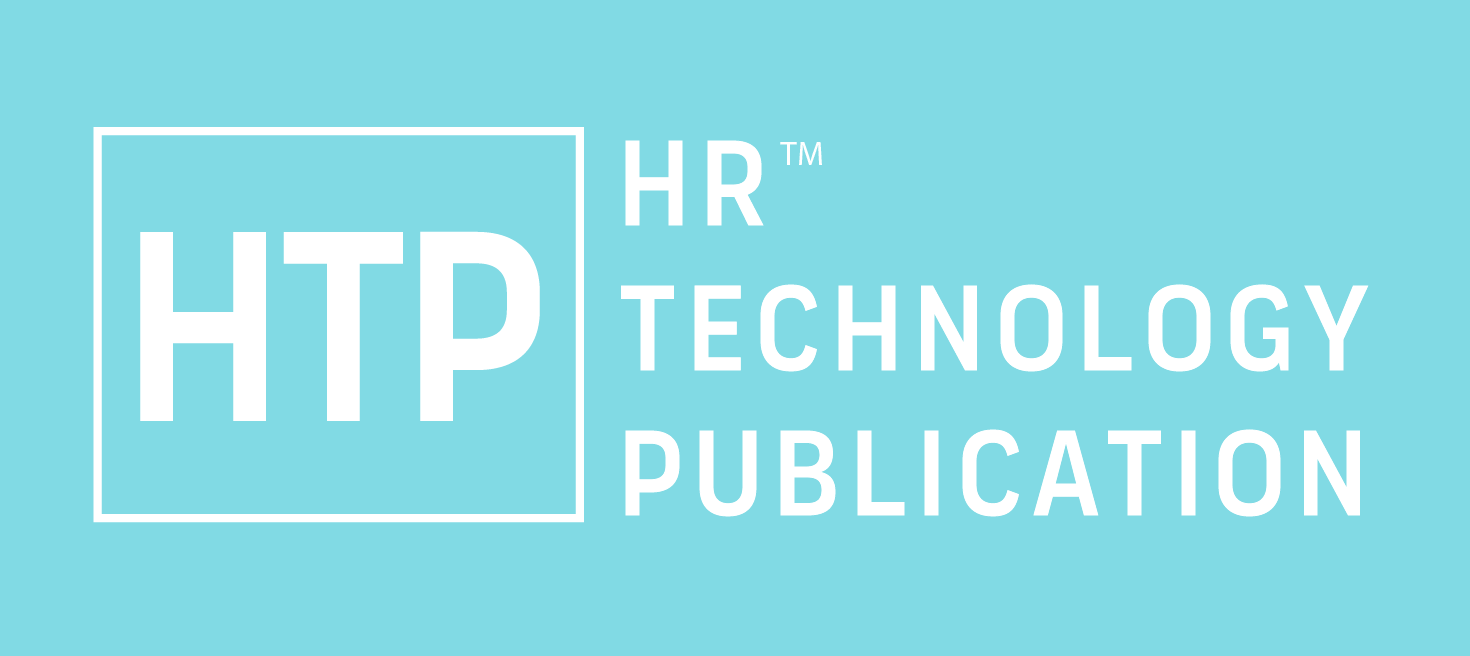The Global Workforce Survey 2023 Hopes and Fears was published by PwC. 19,500 Asia Pacific employees took part, and the results showed a startling statistic that underlines the difficulty our region is facing.39% of respondents believe their organization won’t last more than 10 years if it keeps going in the same direction, which is similar to the 53% of CEOs in the Asia Pacific who felt the same way in our 2023 CEO poll. The need for business leaders to take immediate action on long-term transformation has been confirmed by this.
According to Raymund Chao, Chairman of PwC Asia Pacific and China, “The new reality has taught us that change is constant. The viability of every business is threatened by the escalating competition, lingering disruptive risks, and expanding societal demands. Organizations need to alter and adapt quickly if they want to thrive in a constantly changing environment. It’s good to see that this goal is shared by both the region’s corporate executives and workforce. Though every transition is unique, people are always important at their heart. For the purpose of fostering trust and achieving long-lasting results, we must collaborate in fresh, interrelated ways.”
Organizations cannot successfully reinvent themselves unless their workforce is enthusiastic, engaged, and fully committed. Are employees in Asia and the Pacific prepared for this trip? Our poll identified six elements—business viability, employee satisfaction, workforce skills, new technology, work environment, and climate action—that support their readiness for reinvention. These findings need to serve as a wake-up call for businesses in the area, many of which have long struggled with a talent and skill shortage.
In Asia Pacific, “The Great Resignation” is far from ended.
When ‘The Great Resignation’ was widely believed to be at its height last year, employees in the area were even more likely to leave their jobs this year than they were then. A third of people (up 10% from 2022) believe they are likely to change employment in the upcoming year. The percentage is higher for younger workers (Gen Z and Millennials), senior-level professionals, and those employed by bigger companies. Additionally, 40% of respondents said they’re likely to request a pay increase or a promotion in the near future.
Although workplace skills are changing, human skills remain the most important.
The constantly shifting environment has demonstrated that workers’ skills will be severely disrupted in the future, yet our questioned employees may have a different perspective. Only 48% of respondents clearly understand how the skills needed for their employment will change during the next five years, and only 44% of respondents believe that these changes would be substantial. Employees may not be sufficiently prepared for the future if they don’t foresee or comprehend how their job needs might change.
People skills including adaptability/flexibility (69%), collaboration skills (67%) and critical thinking (66%) are ranked higher by employees in the region than technical or core business abilities. Skills, however, are concealed in plain sight. Less than half (48%) believe that their companies give them chances to use their skills successfully within the next five years. It implies that there can be latent talent among the current workforce.
PwC Asia Pacific Workforce Leader Norah Seddon commented: “The region’s persistent and rising skill gap calls for urgent action. Innovative businesses must put skills at the center of their talent strategy, which include recruitment, training, and development as well as benefits and compensation. This strategic change not only takes on the urgent problem of attracting and keeping talent, but it also gets organizations ready for the requirements of the occupations of tomorrow.”
The majority of Asia Pacific workers are optimistic about artificial intelligence (AI).
In the region, people are starting to understand the advantages of AI; 41% believe it will boost workplace efficiency and productivity, and 34% see it as a chance to pick up new skills. But only 22% of people are confident in their capacity to learn new AI-related skills. 16% of respondents think AI would eliminate their jobs, while the same number think AI will have no effect.
The most promise for increased productivity through AI is seen in the financial services and technology, media, and telecommunications sectors. Employees in the public, government, and health sectors, on the other hand, are the most certain that AI won’t take over their jobs.
To guide the organization toward reinvention, a new type of leadership is required as the workforce continues to change and employee attitudes change. In order to better understand their workforce, unleash greater potential, and achieve more audacious goals, employers and executives should take into account the various recommendations in our analysis.
Source: PRNewswire




